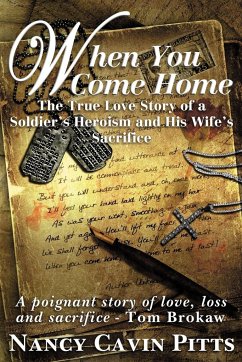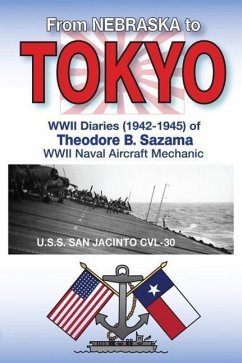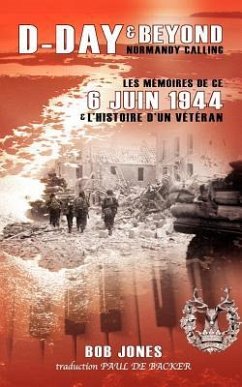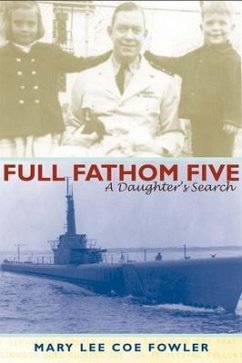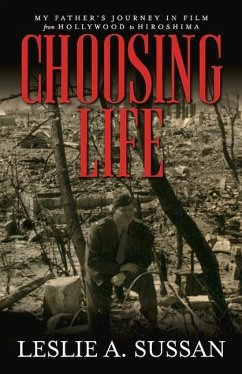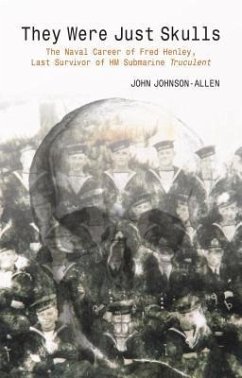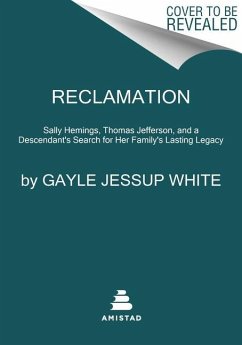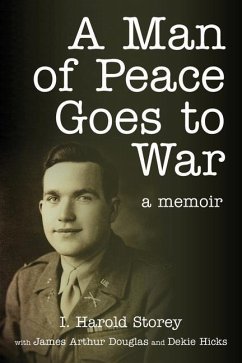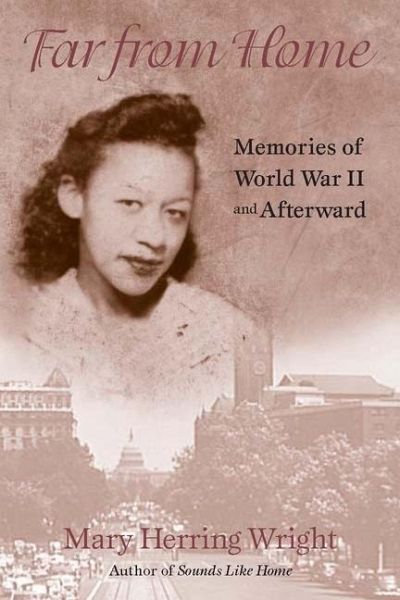
Far from Home: Memories of World War II and Afterward
Versandkostenfrei!
Versandfertig in über 4 Wochen
25,99 €
inkl. MwSt.

PAYBACK Punkte
13 °P sammeln!
"She's got no more business there than a pig has with a Bible." That's what her father said when Mary Herring announced that she would be moving to Washington, DC, in late1942. Recently graduated from the North Carolina School for Black Deaf and Blind Students, Mary had been invited to the nation's capital by a cousin to see a specialist about her hearing loss. Though nothing could be done about her deafness, Mary quickly proved her father wrong by passing the civil service examination with high marks. "Far from Home: Memories of World War II and Afterward," the second installment of her autob...
"She's got no more business there than a pig has with a Bible." That's what her father said when Mary Herring announced that she would be moving to Washington, DC, in late1942. Recently graduated from the North Carolina School for Black Deaf and Blind Students, Mary had been invited to the nation's capital by a cousin to see a specialist about her hearing loss. Though nothing could be done about her deafness, Mary quickly proved her father wrong by passing the civil service examination with high marks. "Far from Home: Memories of World War II and Afterward," the second installment of her autobiography, describes her life from her move to Washington to the present. Mary soon became a valued employee for the Navy, maintaining rosters for the many servicemen in war theaters worldwide. Her remarkable gift for detail depicts Washington in meticulous layers, a sleepy Southern town force-grown into a dynamic geopolitical hub. Life as a young woman amid the capital's Black middle class could be warm and fun, filled with visits from family and friends, and trips home to Iron Mine for tearful, joyous reunions. But the reality of the times was never far off. On many an idyllic afternoon, she and her friends found somber peace in Arlington Cemetery, next to the grave of the sole Unknown Soldier at that time. During an evening spent at the U.S.O., one hearing woman asked how people like her could dance, and Mary answered, "With our feet." She became a pen pal to several young servicemen, but did not want to know why some of them suddenly stopped writing. Despite the close friends and good job that she had in Washington, the emotional toll caused Mary to return to her family home in IronMine, NC. There, she rejoined her family and resumed her country life. She married and raised four daughters, and recounts the joys and sorrows she experienced through the years, particularly the loss of her parents. Her blend of the gradual transformation of Southern rural lif



